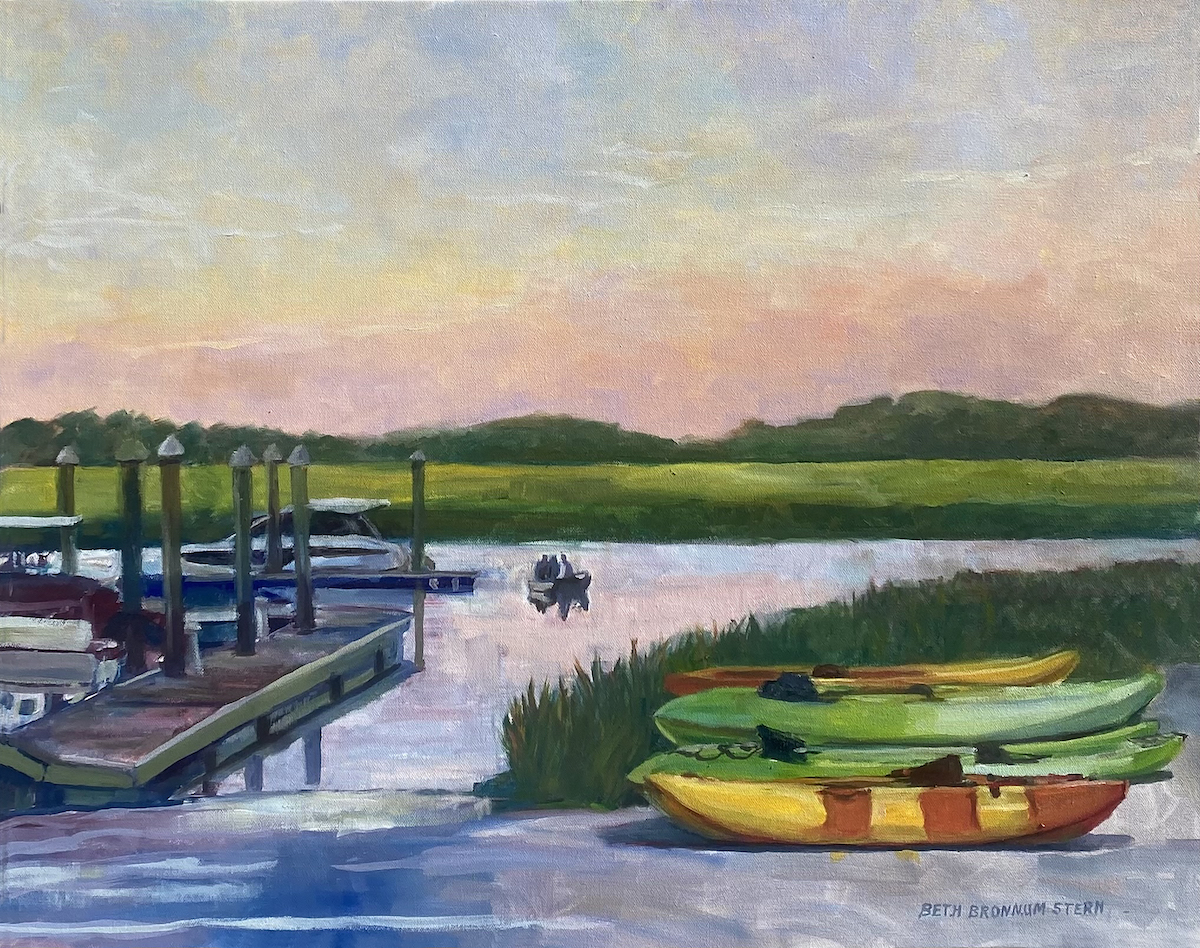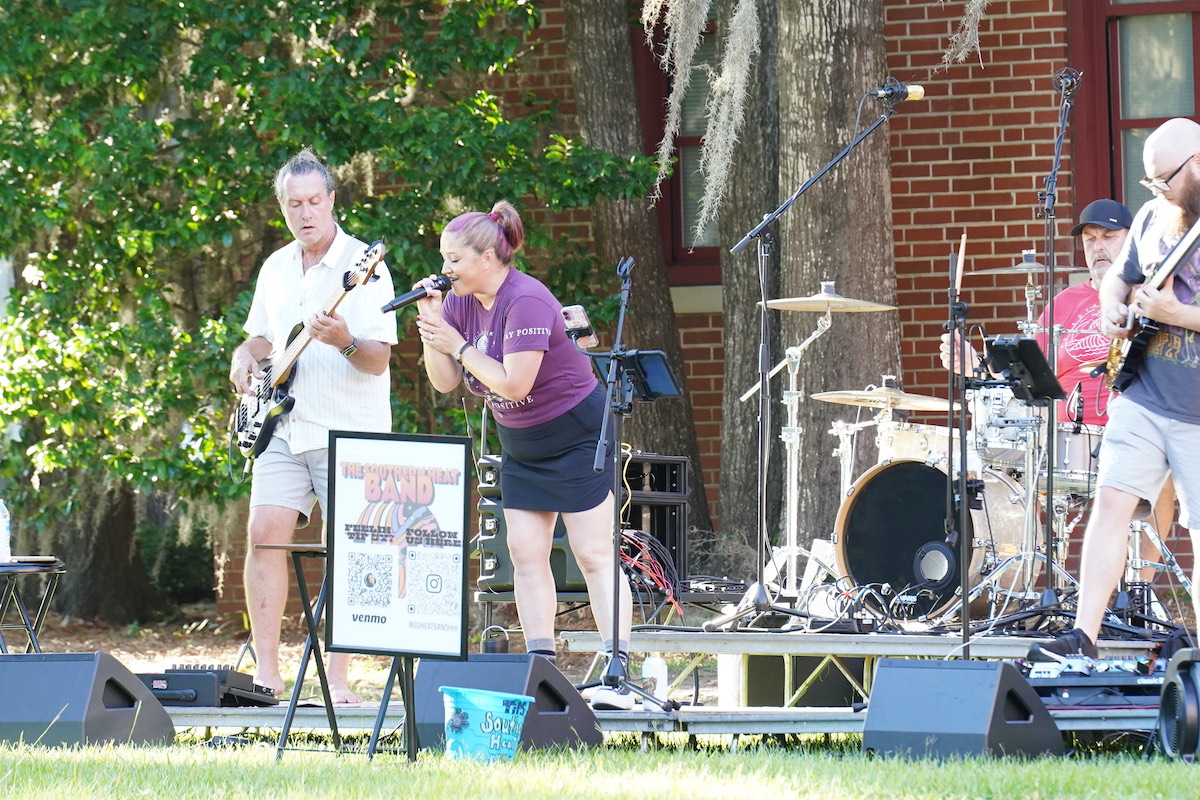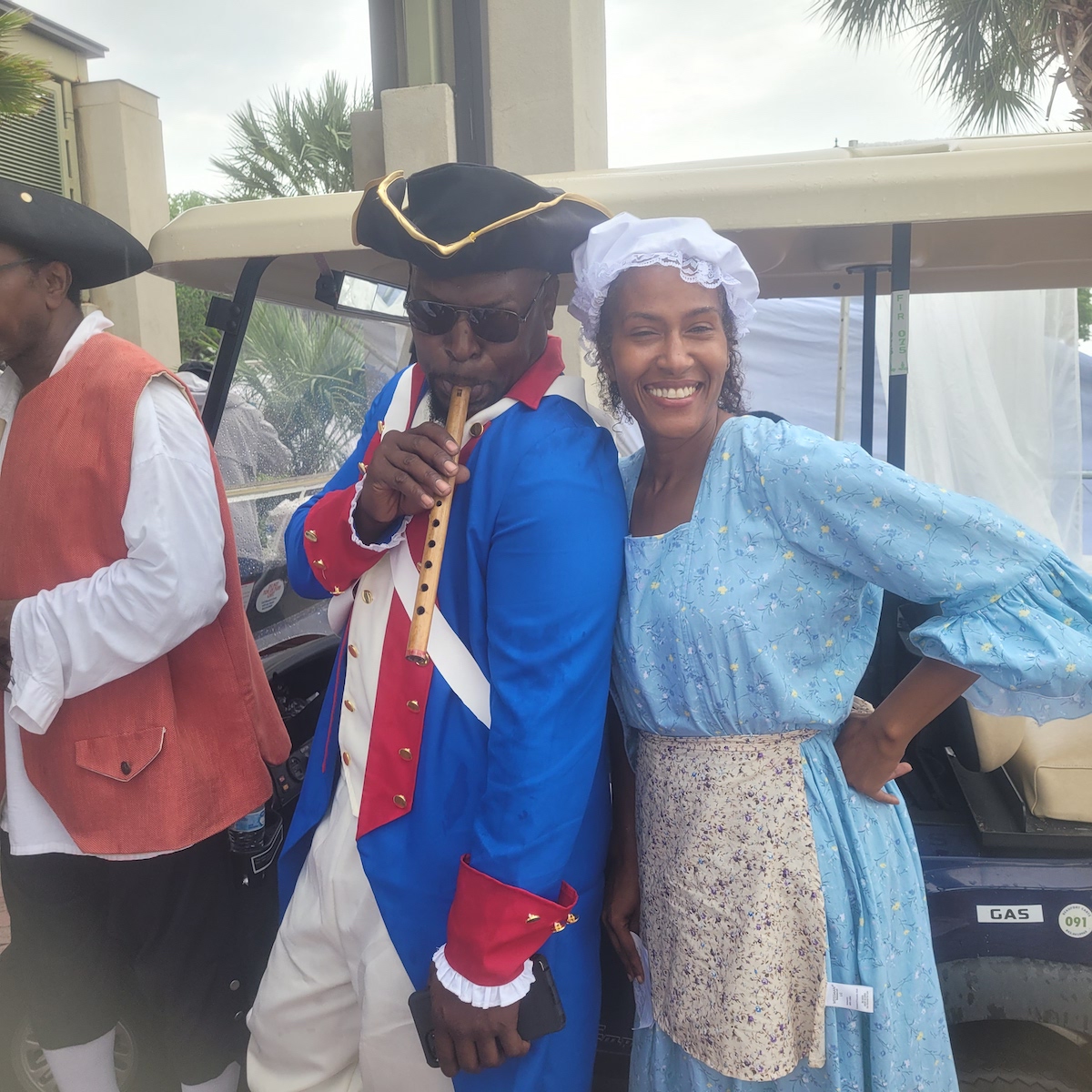By Alan Schuster
Richard Wagner’s fact-based story of the mastersingers centers around traditional song competitions that were held throughout Germany by medieval guilds. Craftsmen in principal cities formed singers’ guilds and admitted only those who successfully met the requirements of a song test governed by strict rules relating to rhyme, tune, and subject matter. One of its most distinguished masters was Hans Sachs who lived in Nuremberg during the early part of the 16th century. A shoemaker by trade, he was also a poet of considerable renown.
With the “Mastersingers,” Wagner makes his finest connection with an audience through humor, noble sentiments, engaging characters and the richness of his music.
The principal cast: Hans Sachs; Walther, a young knight; Pogner, a goldsmith; Eva, his daughter; Beckmesser, the town clerk; David, Sachs’s apprentice; and Magdalena, Eva’s nurse.
Act I: Following a masterpiece overture — often heard as a symphonic number — the opera begins in the rear of a church in Nuremberg where Walther is trying to attract the attention of Eva. After the ceremonies, they meet and fall in love. When he learns that Eva’s hand will be given to the winning singer of the annual Mastersingers Festival, he quickly seeks admission to their guild. At their meeting, Walther fails to impress with his credentials, but is given a trial nevertheless. Beckmesser, also a suitor for Eva’s hand, is the pedantic “marker” of Walther’s faults against the rules, which he noisily chalks on a slate while he sings. With these violations and derision from the masters, Walther fails the test, impressing only Sachs who admires his considerable skills.
Act II: It’s evening as Sachs brings his workbench onto the street. Eva approaches him asking him what went wrong with Walther’s song. Later Sachs overhears her and Walther planning to elope. The lovers hide when Beckmesser arrives to serenade Eva, assuming that she is at home. It’s a clumsy failure aided by Sachs who “marks” his many mistakes by hammering loudly upon a last. David, thinking that Beckmesser is serenading Magdalena, the woman he loves, storms out and proceeds to beat up the singer. This arouses the neighbors, resulting in a boisterous riot. Eventually, all return to their homes, leaving the street empty, except for the town watchman and the haunting sound of his horn.
Act III: The next morning Walther sings to Sachs a song which came to him in a dream. Sachs, liking his expressive poetry, helps him shape it into a song suitable for the afternoon’s festival. Sachs plans a clever ruse, managing to get Walther’s poem into Beckmesser’s hands. Thinking that the words are Sachs’s, he feels certain that he will win the prize. In a meadow outside Nuremberg, Sachs sings a song for the crowd, followed by another dismal failure by Beckmesser, for which he blames Sachs. Sachs defends the poem, and then calls upon the real owner of the song, Walther, who reveals its beauty and wins the prize, the hand of his beloved Eva.
With the likelihood of being challenged by opera aficionados, here are exceptional scenes worthy of special attention:
• Act I: Over many objections by the masters, Walther is allowed to perform his Trial Song (“As spring cries out…”). It’s a spontaneous expression of his emotions with his voice rising higher and higher to an impassioned climax. But with so many prejudiced faults against him, he fails to qualify for the festival contest.
• Act II: The Cobbler’s Song/ Beckmesser’s Serenade. Sachs performs a hearty tune about the cobbler’s art: “Jerum! Jerum!”, much to Beckmesser’s frustration nearby. Moments later, Beckmesser begins his bungling song with his lute: “I see the dawning daylight…” as Sachs hammers away on the last. Of all the comic moments in the opera, this one wins the ‘prize’ as Sachs bangs away on Beckmesser’s flow of faults. What makes Beckmesser’s song so good is how bad it is. It’s burlesque, opera style.
Act III: The Sachs/Walther Duet, a delightful stretch of melody, beginning with their discussion about the appeal of romantic music, after which Sachs coaches him in the art of winning the contest. Then with a great finish, Sachs is deeply moved by Walther’s Dream Song, which later becomes the heart of his winning Prize Song. The Quintet. The magical moment of the opera begins with Eva’s “Dazzling as the dawn.” It quickly becomes a ‘thinks’ piece as Sachs and the two couples (Walther/Eva and David/Magdalena) express their own thoughts harmoniously. A memorable five minutes! Walther’s Prize Song (“Morning was gleaming…”) in all its glory, this time to perfection. It’s one of opera’s great tenor moments, but not heard often enough to assure its rightful place. [Running time: 4:20, excluding intermissions].
James Levine returns to conduct this comedy for the first time in eight years. Johan Reuter as Sachs, Johan Botha as Walter, and Annette Dasch as Eva lead a superb international cast.
This performance begins at noon on Saturday, Dec. 13. Adults $20; OLLI members $18; Students $10. Order at www.centerforethearts.com. USCB Center for the Arts is located at 801 Carteret Street, Beaufort. Call 843-521-4145.






